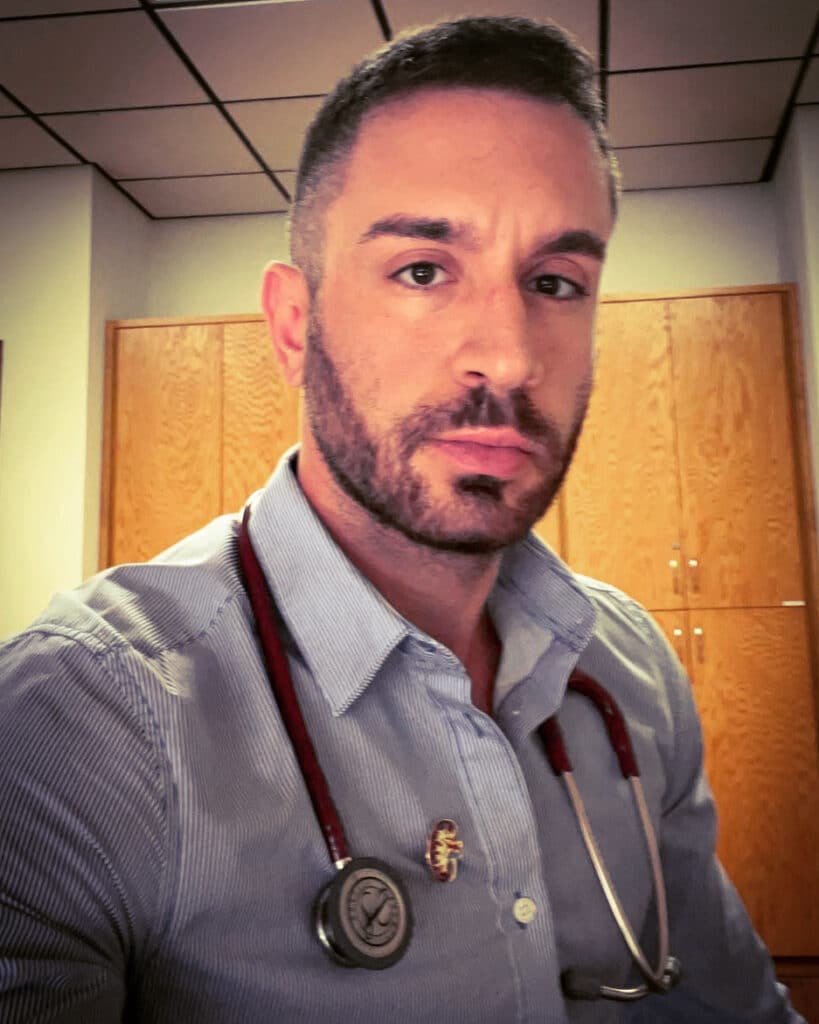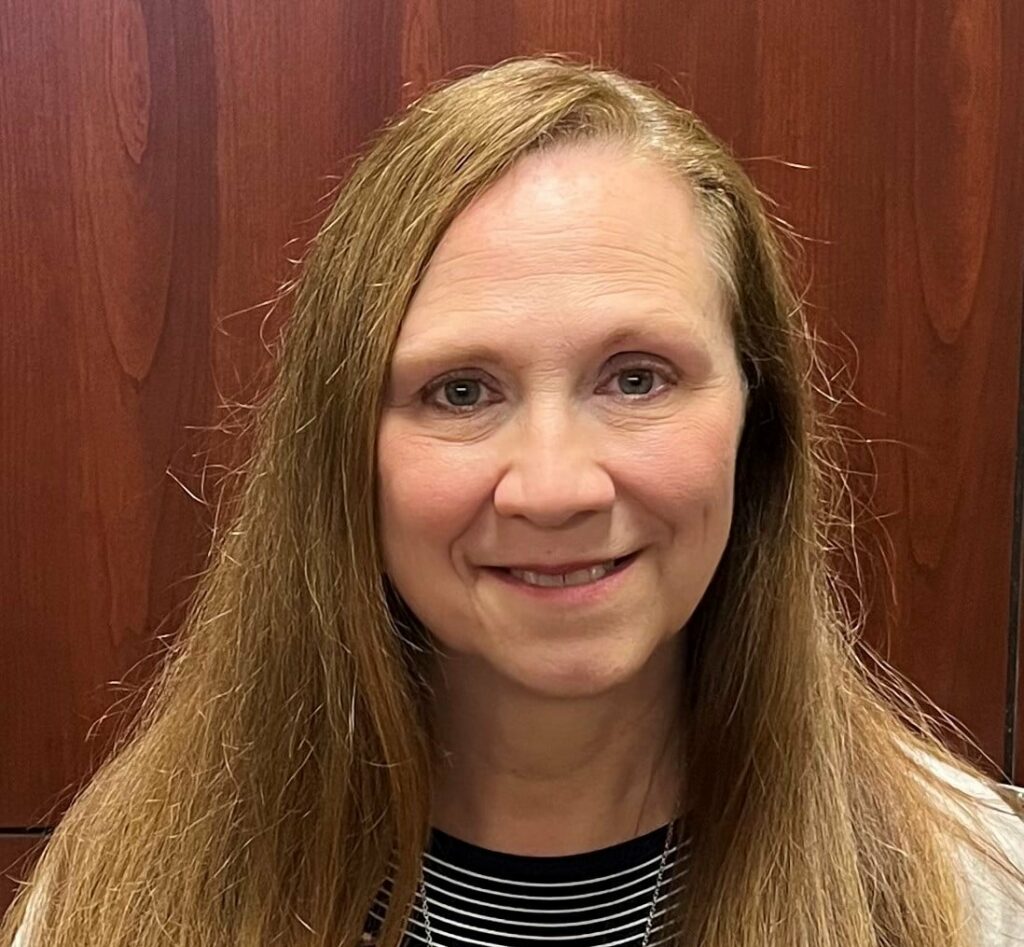On behalf of the AIN Transplant Institute, I would like to extend our heartfelt congratulations to you and your family on your new kidney. This moment marks an exciting and transformative milestone—one that may feel both exhilarating and overwhelming—and we are truly honored to be part of your care team.
At AIN, we deeply understand the long and often challenging journey that has brought you to this point. As you begin this new chapter, think of us as your dedicated guides. We are here to help you navigate the road ahead with confidence, providing the highest quality and most compassionate care every step of the way.
We look forward to meeting you and walking alongside you on this journey. As you embrace your new life—free from the constraints of dialysis—we encourage you to share your experiences, adventures, and the freedom that comes with renewed health.
With warmest wishes,
Zaid Haddad, M.D.
Medical Director
AIN Transplant Institute
Take your medicine as prescribed (Source: American Society of Transplantation)
You will need to take immunosuppression medicine (or immunosuppressants) for a long time after your transplant. These medicines help prevent your body from rejecting your new kidney.
It is very important to take your medicines as prescribed. People who do not take their immunosuppressants are more likely to have problems with their transplanted kidney. For example, people who do not take their medicines are 7 times more likely to have kidney rejection. Rejection can lead to the loss of the kidney, having to do dialysis again, needing another transplant, or even death.
Cancer Screening Recommendations from CDC
1-Breast Cancer
• The US Preventive Services Task Force recommends that women who are 40 to 74 years old and are at average risk for breast cancer get a mammogram every 2 years.
2-Cervical Cancer
If you are 21 to 29 years old
You should start getting Pap tests at age 21. If your Pap test result is normal, your doctor may tell you that you can wait three years until your next Pap test.
If you are 30 to 65 years old
Talk to your doctor about which testing option is right for you:
• An HPV test only. This is called primary HPV testing. If your result is normal, your doctor may tell you that you can wait five years until your next screening test.
• An HPV test along with a Pap test. This is called co-testing. If both of your results are normal, your doctor may tell you that you can wait five years until your next screening test.
• A Pap test only. If your result is normal, your doctor may tell you that you can wait three years until your next Pap test.
If you are older than 65
Your doctor may tell you that you don’t need to be screened anymore if:
• You have had at least three Pap tests or two HPV tests in the past 10 years, and the test results were normal or negative, and
• You have not had a cervical precancer in the past, or
• You have had your cervix removed as part of a total hysterectomy for non-cancerous conditions, like fibroids.
3-Colorectal Cancer
The US Preventive Services Task Force (Task Force) recommends that adults age 45 to 75 be screened for colorectal cancer. The decision to be screened between ages 76 and 85 should be made on an individual basis. If you are older than 75, talk to your doctor about screening
4-Lung Cancer
The USPSTF recommends yearly lung cancer screening with low dose computed tomography (LDCT) for people who:
• Have a history of heavy smoking, and
• Smoke now or quit within the past 15 years, and
• Are between 50 and 80 years old.
5-Skin Cancer
You are at increased risk of skin cancer post-transplant; Signs of a possible skin cancer include:
• New lesions or moles on your skin
• Changes in the size or shape of a mole, or if it is bleeding. See your dermatologist at least once a year for skin checks.
Food safety (Source: American Society of Transplantation)
• Avoid undercooked and raw meats, poultry, and fish
• Avoid drinking unpasteurized milk
• Avoid cheeses made with unpasteurized milk, such as brie, feta, and camembert
• Avoid uncooked seafood, such as oysters, clams, and mussels
• For fresh meat cold cuts that are cut by a meat slicer, only get enough cold cuts for a single serving that you will eat that day. Or get processed deli meat in a package, as it may be safer.
Animal contact and pet safety (Source: American Society of Transplantation)
Transplant recipients must be careful with pets, because they have a higher chance of getting infections from animals.
• Wash your hands carefully after handling pets
• In general, dogs and cats are safe, but they must be up to date with their own healthcare, such as their shots
• If you have a cat, avoid changing the kitty litter. If that is not possible, change the litter daily and wear gloves and a mask.
• Avoid certain pets due to the higher chance of infection: Rodents, such as guinea pigs or hamsters. Reptiles, such as lizards, snakes, or turtles Amphibians, such as frogs or salamanders, Birds, such as parrots, parakeets, or finches
• Do not let your pet lick your wounds or chew on your IV tubing
• Avoid handling pets with diarrhea
• Avoid animal bites and scratches and
• Do not pet stray animals
Travel Safety and Tips (Source: American Society of Transplantation)
If you are traveling to the developing world:
• Water is often not safe to drink, so use only bottled water even for brushing
your teeth
• Do not use ice as it likely comes from the local water system
• Follow the rule: “boil it, cook it, peel it, or forget it”
• Never get the yellow fever vaccine because it is a live vaccine. Live vaccines contain a weakened version of the germ it is trying to protect you from. Because of this, there is a small chance the vaccine can cause an infection.
• Bring an extra supply of your medicine
• Keep all medicine in your carry-on bag
• Bring a note from your doctor explaining what each medicine is for
• Have a plan for leaving in case you get sick or have a medical emergency
• Have a plan in case you get diarrhea, because being dehydrated from diarrhea can affect the levels of your immunosuppressive drugs
Vaccines (Source: American Society of Transplantation)
Avoid live vaccines, which include MMR, varicella, rotavirus, yellow fever, and the intranasal flu vaccine. Live vaccines can sometimes carry infections. If you learn that someone you have been in close contact with recently got a live vaccine, contact your transplant team. Whenever you are deciding to get a vaccine, remind your doctor or pharmacist that you are a transplant recipient.
Gardening safety (Source: American Society of Transplantation)
Soil has many fungi and molds that can cause infections. You should avoid gardening for the first 6-12 months after your transplant.
Here are a few tips to protect yourself when it’s safe for you to garden again:
• Wear gloves
• Cover your skin with clothing
• Wear a mask
• Use bug spray (and put it on last, after you’re dressed)
• Check yourself for ticks










